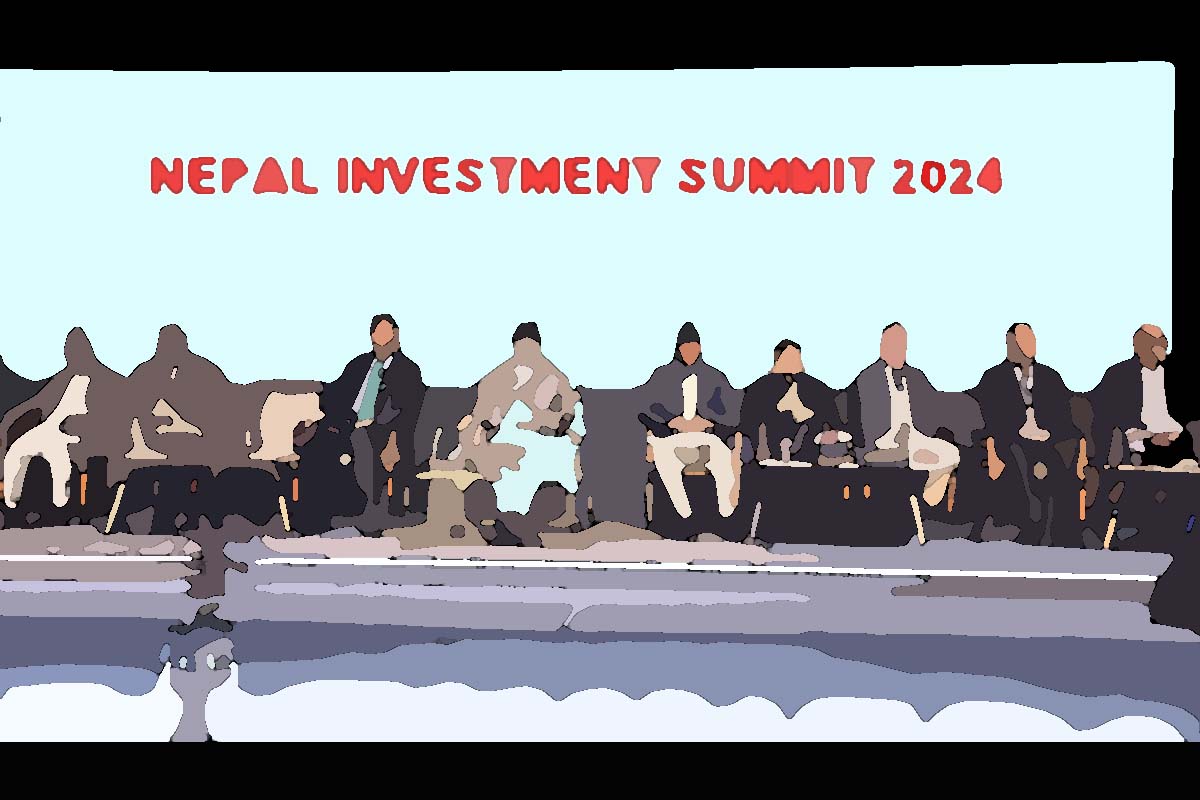
You don’t have to be Einstein to know that doing the same things repeatedly and expecting different results is an exercise in futility. But that seems to be the decree of the upcoming Nepal Investment Summit.
Naysayers could argue that the inverse may be true and that repeatedly doing something will finally get you somewhere. But at what cost? And can we afford the time?
Globally economic structures are being reshaped as the world prepares for quantum leaps of change in how businesses will be done and if we, as a nation, are unable yet to establish clarity and purpose in what’s better for us, we will continue to do the same things with minimal or no result.
An investment summit requires you to talk numbers, to talk policy, to talk business. What is the minimum assured investment target we have set for ourselves? What is the rationale behind the summit slogan: Invest in Emerging Nepal? These may seem like basic questions but they determine the trajectory of the economic footprint we declare to the world.
Being the CEO of the Investment Board of Nepal is not the most enviable position to be in now, especially considering the political stalemate that continues to persist despite the constant upheaval and change in ministries and bureaucracy. Yet, a position like this would demand an exceptional focus on results. What the summit will deliver is yet to be seen and perhaps it is also not fully appropriate to expect the IBN which plays a facilitator role to be entirely responsible for the results, but when you are spending crores of rupees of public funds on organizing an event that will position Nepal as an investment destination, there should not be space for errors. The same monies could have been better spent on areas that could yield better return on investment.
To convert intent into investment, you need to bridge the gap between promises and realities. On the government’s part, creating an enabling investment landscape should be a priority, working consistently to remove obstacles to investment, especially in terms of policy, law and legislation governing FDI. IBN, on its part, needs to have a more innovative and effective approach to investment promotion, finance and partnerships, and a more vibrant system of research, analytics and communication.
From 2019 to 2024, a lot has changed in the world, while the summit may once again have MoU’s that may, may not translate into investments on the ground, it is still an opportunity to connect, learn and course correct.




-1763289082.png)

